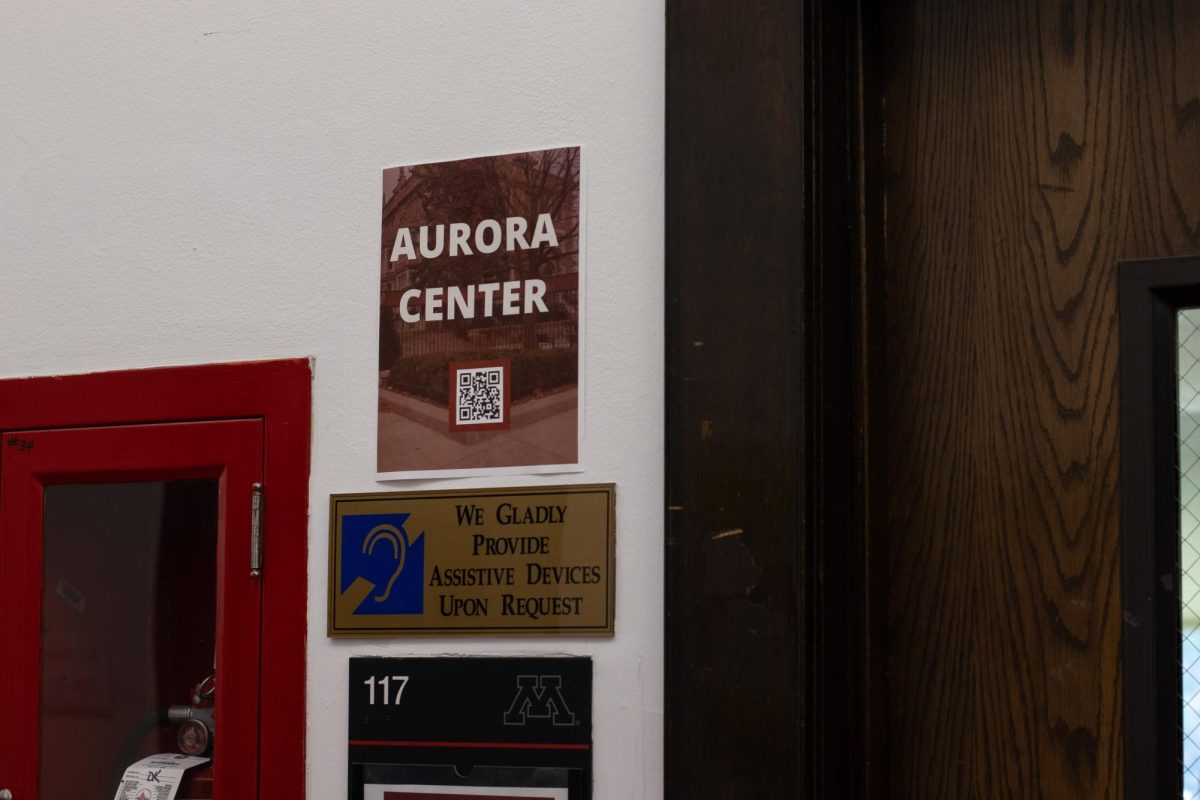Right now, the U.S. House of Representatives is working on a rewrite of the higher education bill. Despite still being in the works, the bill has drawn some heated criticism. However, it continues to be backed by many Republicans. The bill will affect college students and their campuses in a number of ways: not only are students expected to lose roughly $15 billion in federal aid, but it also rescinds safeguards meant to protect students from scam universities, not unlike Trump University.
While these aspects of the bill should not be understated, the rest of it will also alter campus life dramatically. It is essentially a laundry list for the conservative social agenda. The bill includes provisions that will allow religious colleges to bar same sex relationships and allow religious student groups to block people from joining who don’t share their faith. It will also give controversial speakers more leverage to visit campuses. To many, this is not ideal.
While I don’t consider myself a conservative, I still find it enormously important to be exposed to opinions that are different from my own. There is ineffable value to understanding attitudes that you dislike or with which you disagree.
These provisions are a pushback from the conservative community, who feel their rights, including the freedoms of assembly, speech and religion are being trampled by a liberal agenda. Conservatives feel that the cause for political correctness is jeopardizing these basic rights, and that they are being largely marginalized as a group. And they aren’t far off.
College campuses have represented a direct reflection of liberal values in recent years, and in turn, universities have somewhat disregarded their conservative student body. We will only continue to further polarize and diminish the opinions of those we disagree with if we continue down this path.
We can reach a middle ground, in which same sex couples don’t lose their rights and conservatives can openly voice their opinions without it being labeled hate speech. I know compromise is almost unheard of, but bear with me. Universities are meant to be institutions that foster open-minded discussion and debate. We should restore that.
What this University can do to repair this division on campus is to not treat student groups of contradicting political ideologies differently. As reported by Liz Sawyer at the Star Tribune, the University denies that it attempts to suppress conservative rhetoric. However, Madison Dibble, the president of Students for a Conservative Voice at the University, said that university officials make it easier for liberal students to get speakers on campus. She argues that there is an “entirely different process” for conservatives.
Dibble is specifically concerned about Ben Shapiro’s planned speech on campus Feb. 26. Many students feel that Shapiro is being treated differently than most liberal speakers coming on campus in that he is being banished to St. Paul campus and a lesser venue. While I’m unsure of the legitimacy of these claims, and am not a fan of Shapiro’s, I am in full support of his speech on this campus.
Many other students don’t think Shapiro should be allowed here because he spreads hate speech. While Shapiro’s views are undoubtedly extreme, controversial and often pointed, we cannot delegitimize viewpoints simply because we disagree with them. We need to challenge our own opinions, ideologies and beliefs, otherwise it is all too easy to fall into blind extremism.
The University should be doing more in and outside of classrooms to encourage and promote difficult and sensitive conversations. Otherwise, it fails us.







